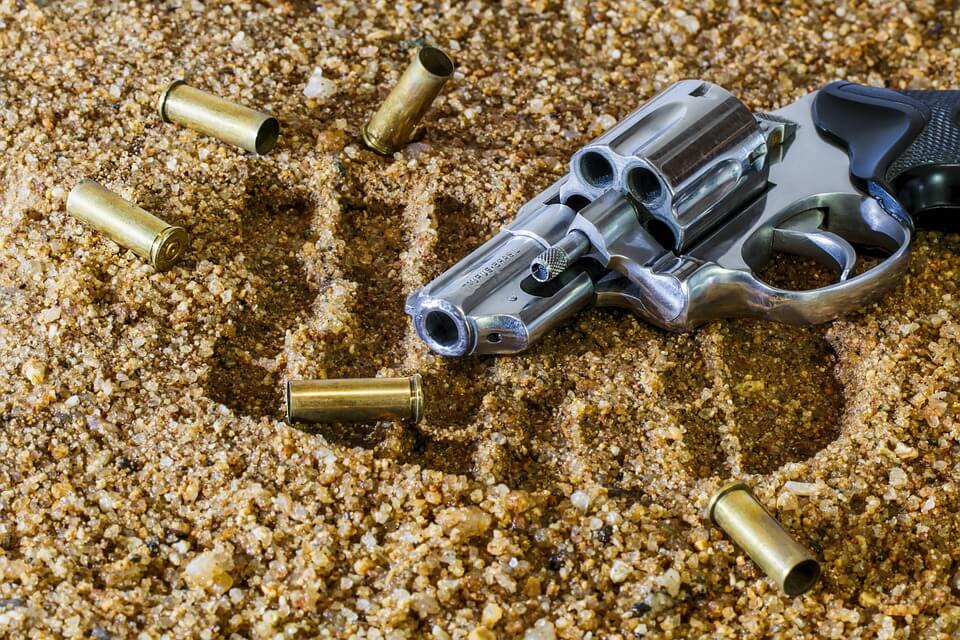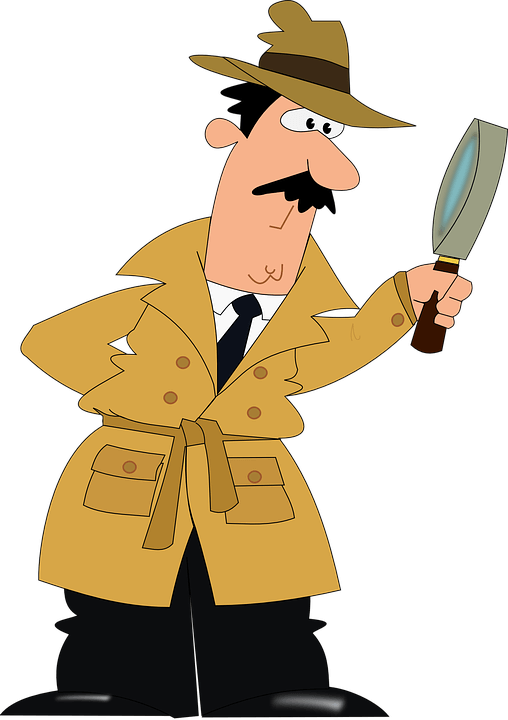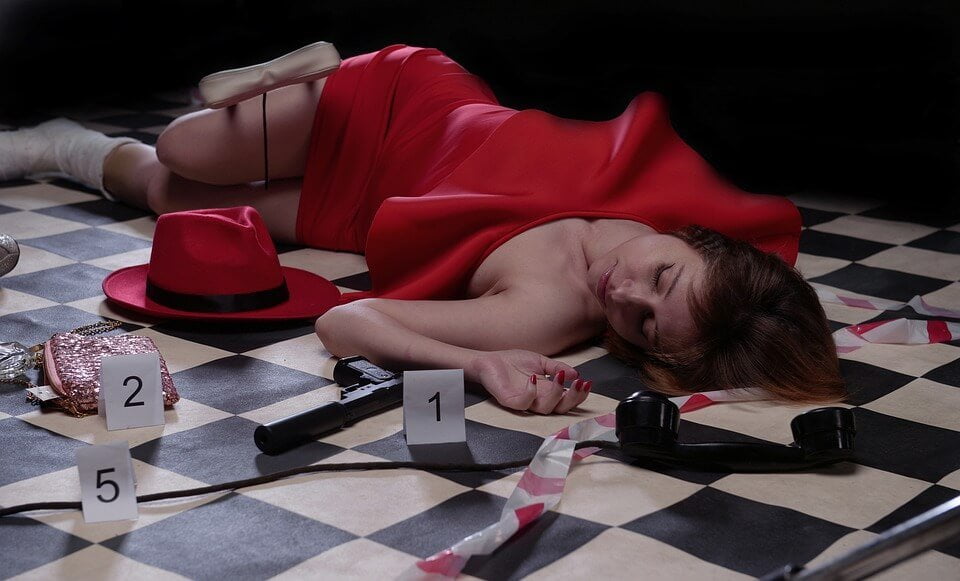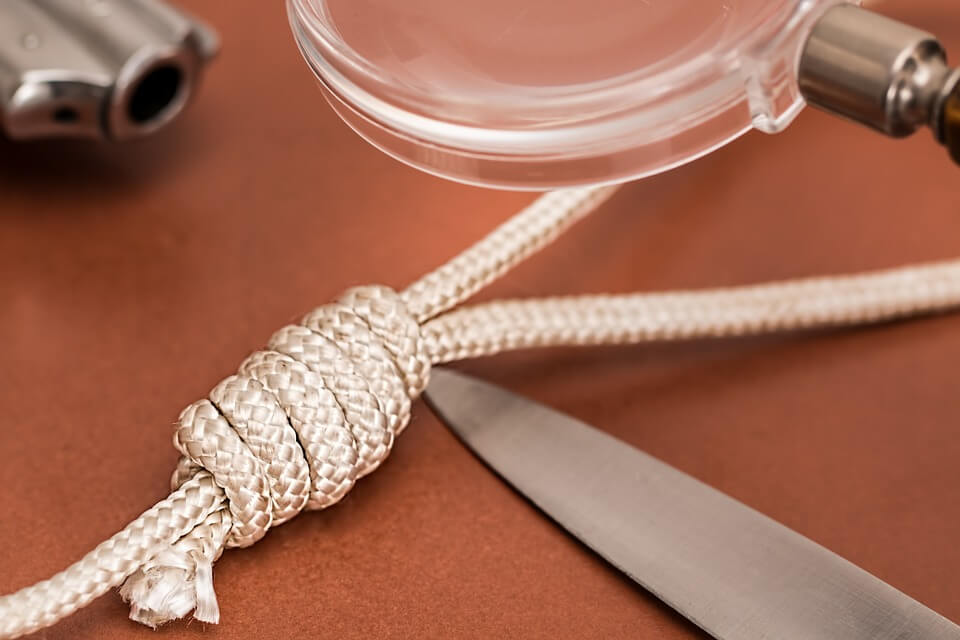
In popular perception, often derived from TV serials like ‘CID’ and the American TV series ‘CSI: Crime Scene Investigation’, forensic experts are shown solving any case in minutes. This is far from truth and justice is often denied to people because forensic reports are habitually accorded undue respect in the legal fraternity. Forensics is just laboratory techniques and not an exact science. This is the first article of a series of articles we are going to do to expose the hoax of forensics and demonstrate how justice continues to be murdered on the altar of ignorance.
There used to be a Hindi TV serial called ‘CID’. This hugely popular serial has the honour of being the longest-running TV serial in India. It ran for more than 20 years from 1998 to 2018, airing 1689 episodes! For a team of one ACP and two inspectors, they had two forensic experts Dr Salunke and Dr Tarika. They were supposed to be specialists of every conceivable branch of forensics—ballistics, questioned documents, cyber forensics, toxicology, forensic medicine—you name it, they specialized in it; how is it possible, how many degrees they had acquired in their 20-30 years of life, nobody knows! In the USA, a similar series ‘CSI: Crime Scene Investigation’ had a viewership of over 20 million viewers per episode, ran for 15 seasons and still appears in syndicated reruns!

In such fictional dramas based largely on forensics, investigators collect forensic evidence and their so-called experts solve the crime in an hour. This has led to a subconscious belief amongst the police officers, prosecutors and even judges that forensic evidence is infallible and enough for a conviction. This is called the ‘CSI Effect’.
For the benefit of the readers, I must inform them that these dramas present a highly inaccurate and unrealistic picture of what forensics is really capable of doing. The general and terrible ignorance regarding complex technical matters makes everybody in the criminal justice system, from police officers to lawyers and even judges, accord undue respect to the self-proclaimed forensic experts.
It is the same phenomenon that makes the Indian people never question the opinion of even a very young and inexperienced physician about their illnesses and his prescription. No questions are ever asked from the doctor. They are treated as demigods and this alone drives millions of cases of medical negligence and ignorance under the rug.
Please note that these are not my personal claims or observations. My comments are based on the findings of hundreds of scientists. I will narrate how the story unfolded.
With the beginning of the 20th century, as several forensic techniques were discovered, the legal fraternity was mesmerized by them. In the newly discovered fascination, many important cases in the USA came to be decided on the basis of the testimony of the so-called forensic experts alone. Since the public is concerned only with the end results, that is, conviction or acquittal, they attributed them to forensic techniques. That aura of a fake ‘judicial approval’ precluded a rigorous scientific evaluation and scrutiny of most of the forensic techniques.
Scientific scrutiny of the business of forensic science was taken for the first time in the world in the USA. Under the terms of the Science, State, Justice, Commerce, and Related Agencies Appropriations Act of 2006, the US Congress authorized the National Academy of Sciences (NAS) to conduct a study on forensic science. The Committee invited hundreds of members of the forensics community representing operational crime laboratories, medical examiners, coroners; legal experts; and other independent scientists. They submitted their report in August 2009.
This was the first instance in over a century when the organized voice of research scientists forced the criminal justice system to recognize the limitations of forensic techniques. Citing the notable dearth of peer-reviewed, published studies establishing the scientific bases and validity of most of the prevailing forensic techniques, the NAS Committee report punctured the balloon of the general perception of the reliability of forensic evidence. Since the NAS report, courts in the USA have also started questioning the value of forensic evidence.

The NAS Committee was emphatic that forensics have fallen into the bad habit of speaking in terms of certainties. For example, they would say that such-and-such bullet perfectly ‘matches’ a given gun to the exclusion of all others. The NAS research showed that it is simply not possible to speak in terms of certainties.
The NAS research made a very crucial distinction between ‘class characteristics’ and ‘individualizing characteristics’. They showed that forensics can, at best, speak of ‘class characteristics’ only—for example, that a suspect ‘cannot be excluded’ as the maker of a latent print or the originator of some semen; that the suspect ‘could have made’ a latent print or left his semen; or that a latent print or semen was ‘consistent with’ exemplars.
Unfortunately, in India, the police and the legal fraternity continue to be blissfully unaware of such important research even 12 years later.
No forensic evidence can afford to speak in terms of ‘individualizing characteristics’. It is not possible for them to say that such-and-such thing could have been made only by a specific person, to the ‘exclusion of all others or any other person’.
For example, a bullet could have been recovered from the body of a victim. Now, if the accused is also found in the possession of an unfired cartridge, all that can be said after the so-called forensic ‘matching’ is that the two bullets belonged to the same batch. Now, hundreds of thousands of bullets are manufactured in one batch. Thousands of people are likely to have purchased bullets from that batch. Moreover, it should be kept in mind that there is a possibility of cartridges of some batches getting mixed in packaging by simple human error.

Thus, the recovery of a bullet of the same batch from the possession of an accused does not prove any connection with the bullet found in the body of the victim unless it is somehow proved that besides the accused, no other person who had purchased bullets of the same batch could have been present anywhere near the scene of the crime at the time the crime was committed! Generally, it is next to impossible.
Even then, it would only suggest that the fired bullet could have come from him—it does not prove that he only had fired the bullet. It is very much possible that someone had stolen the cartridge from him and fired it. Merely because a gun is mine or a cartridge is mine, does not mean that I only could have used it. For example, someone could have taken your car or bike for a ride and hit someone. It does not mean that you had hit the person.
In any case, if the accused is not found in possession of another cartridge, the matter ends right there and forensics cannot do a thing. I am emphasizing this because, in India, many criminals keep illegal country-made handguns. Once they have fired them, they run out of cartridges. Since they buy their cartridges from the black market, generally they do not keep a stock of say 100 cartridges at home, usually permitted to license holders.
But, in the TV serials ‘CID’ and ‘CSI’, the forensics will be shown to wrongly claim that none but their suspect had fired that fatal bullet and, based on the testimony of that so-called expert (who is often nothing but a person with just a bachelor’s degree with physics as a subject), they will secure a conviction.
Unfortunately, this is what has been happening in this country and thousands of people are getting unfairly convicted.
In this series, we will bust the myth of forensic evidence for good. You will learn for yourself and regret how justice has been denied in innumerable cases because ignorant police and legal fraternity never knew the limitations of forensics.
(To be continued)

